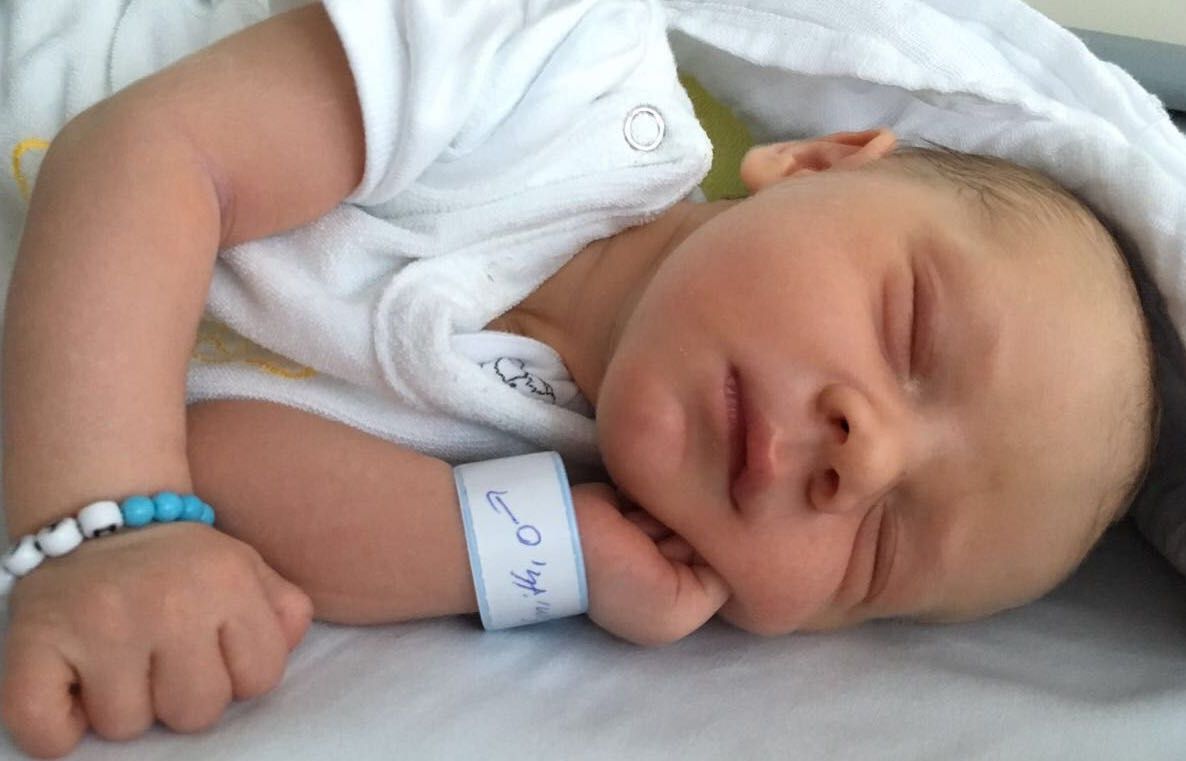“Mum… can I have some pocket money?” Why parents should payout in Bitcoin

As the applications developed using blockchain grow and the billions that are flowing into development of the technology turn into trillions and become ubiquitous with the way we live, isn’t it surely a good idea to introduce our kids to it now. Who knows, parents might learn something too along the way (as painful as that sound!).
When I was kid my parents set up a standing order of a few pounds per week that was paid into my new Midland Bank account. I had to go to the bank, sit down with my dad and a member of staff and learn how to open an account. The end result was a shiny Solo bank card that would allow me to access my funds. Statements and all the joys of banking followed but crucially, I learned something.
Bitcoin has shown staying power in the in the blockchain sphere. The system that uses a distributed ledger to manage and log all transactions involves a little rubbing of the braincells to comprehend but once the light bulb comes on… congratulations, you now have one foot inside the world your kids are going to live in.
What on Earth are they going to spend bitcoins on?
The pace of change in the blockchain space is now accelerating with more and more online retailers accepting Bitcoin (and other currencies) and more ways of spending this virtual money. There are learning experiences evolving on the internet that are in development that will transport children in the past or the future or even inside your own brain. Learning experiences that spark the next generations imagination and help them becomes creators and designers of that space are we urgently need if we are to meet the challenges and have our kids confidently shaping the world they want to live in.
Personally I am book man. I collect them store them and love them. If I was to impose my own personal attachment to these redundant modes of imbibing information to my own child then I have little doubt that I would be placing an obstacle in their path when it comes to personal development for their future.
That is not to say that my child might not develop a love of book or even become an antiquarian bookseller in their adult life. All I am saying is that if they do, the means of acquisition and exchange will most likely be based on the blockchain and the best deals could just as easily be in a far flung corner of the world as it could be with my neighbour. The safest way to transact is going to be on the blockchain.
Isn’t this all a bit much for the little ones?
Kids are often tech mad. Even at the non-tech mad end of the spectrum they can generally handle a mobile device with the dexterity that I recall amazing my grandparents with our old VHS video remote control.
By teaching them how to handle a crypt wallet and how to transfer small fractions of a “bitcoin” to make purchases or to load onto a prepaid debit card will fold in a whole raft of supplementary learning.
One bitcoin is currently worth thousand of British pounds (~3500 GBP). I doubt many parents will be transferring whole bitcoins to their 12 yrs old child. Understand fractions and conversion becomes a primary requisite.
Teaching about value. What do we really spend money on? When I was a kid it was magazines, books, computer games (primitive ones by todays standards), the odd bit of clothing. Today I wonder if much has changed and how much of that spending is already taking place online?
Saving
Saving as children was a big thing. Our parents treated debt with disdain. As kids the mantra was “save for tomorrow”. If we are teaching our kids similar values then what better way then to advise them to divide their savings between cryptocurrencies and traditional currencies. As adoption of these technologies mature, so will the underlying value of the currencies they hold. It could be the biggest inflation beater of all time and play a significant part in widening the young personal horizon of choices.
We can’t say it will definitely plan out this way but the indicators are there. Why not be part of that avant garde in order to increase the chances of benefit for the next generation. My guess is that as parenting goes, it is not only responsible, it is extremely benevolent.